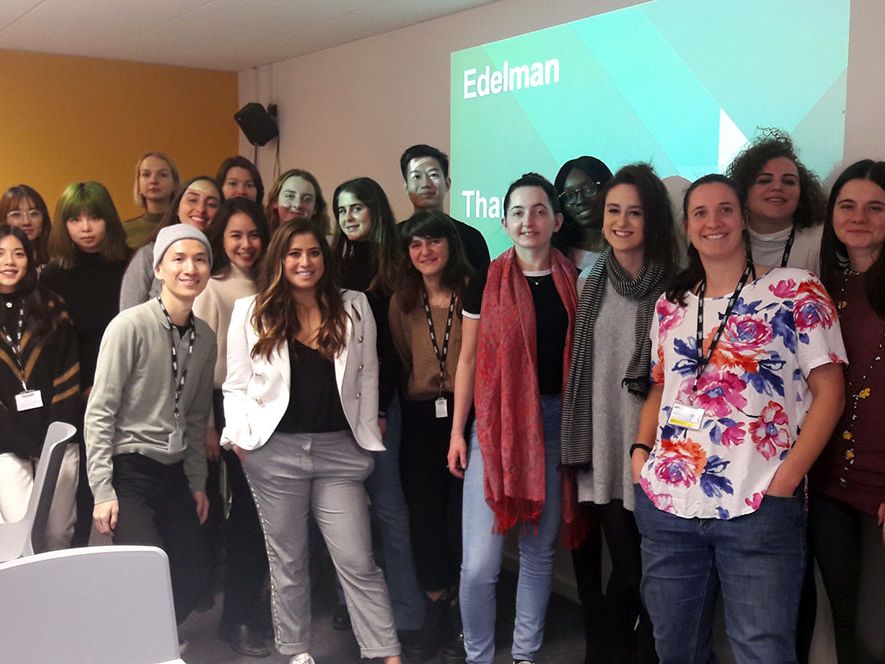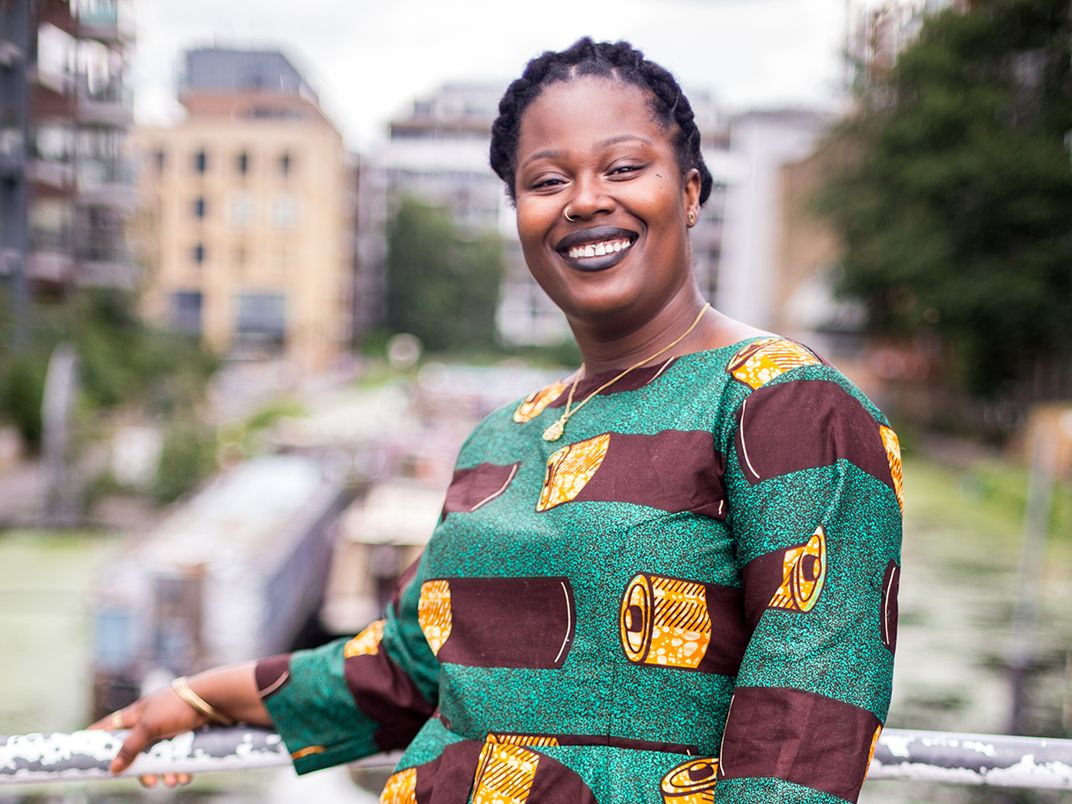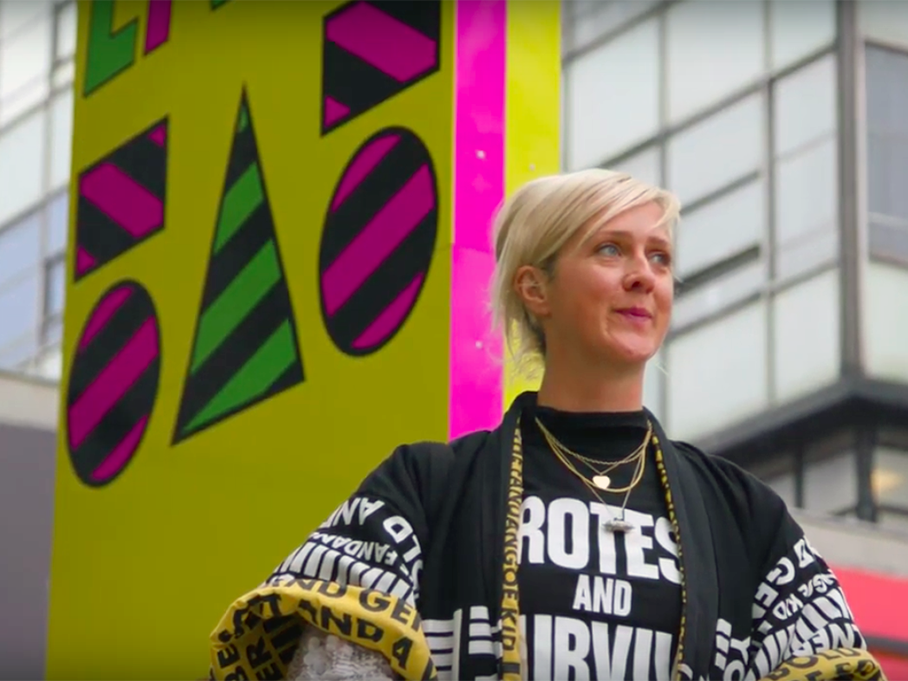Gina Al-Jarkas and Anne Manuel have reached the final stage of the Master Thesis Award, which celebrates the role of Higher Education Institutions in the evolution of the field.
Since 1995, EUPRERA (the European Public Relations Education and Research Association) has honoured and rewarded outstanding Master's theses that make significant professional, practical or academic contributions to the field of public relations in Europe.
Theses can be written in any language, and may take either an applied research approach which aims to solve practical problems or a basic experimental research approach which aims to advance knowledge of the discipline.
After receiving feedback and final grades for their dissertations, students on the MA Public Relations course at London College of Communication (LCC) were encouraged to submit their work to EUPRERA. Two MA students, Gina Al-Jarkas and Anne Manuel, have now progressed to the final stage of the 2020 Award, the winners of which will be announced in August.
"EUPRERA is the leading PR and education organisation in Europe,” said Course Leader, Gareth Thompson.
“This recognition reflects the quality and originality of the research work by Public Relations students at the College.”
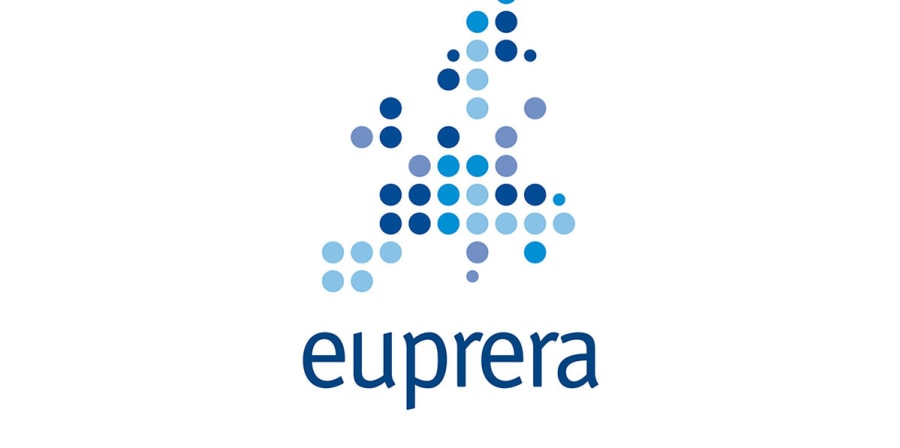
"I am so grateful for my supervisor, and for her support."
Ahead of the final results, we chatted to Gina and Anne about their involvement in the EUPRERA initiative, as well as their experiences of studying at LCC.
Tell us a little bit about the application process – how did you translate your dissertation into an award submission?
Gina: "The application was divided into two parts. The initial part involved submitting a 500-word abstract that summarised the main points of my dissertation. When the jury decided that I’d proceed to the final round, the second part of the application was another 3000-word summary using a similar template. The jury will decide the winners of the competition after the revision of all applications."
Anne: "In the first submission, I had to try to talk succinctly about my key aims and objectives, theoretical underpinnings, methodology, results and the original contribution that my dissertation had in the field. It's a bit similar to the work I submitted when I wrote the project proposal for my dissertation. It's definitely a process which is better to undertake a few months after completing your dissertation, because it's easier to reflect on the most important parts that you want to highlight.
"I then worked very closely with my supervisor as she helped me to review my thesis, correct any typos and make sure that my work is at its best standard possible. In the first submission, she also had to write a supporting statement explaining why she believed my research is positive for the field.
"After the first submission, EUPRERA selected a number of students from all of the universities in Europe which participated and offered me the opportunity to progress to the second round of submissions. This time, I had to provide a lot more information and go in-depth into the reasoning behind my research. It was definitely a tough process and I am so grateful for my supervisor, and for her support."
What subjects and themes did your dissertation focus on?
Gina: "I submitted a Master's dissertation that aims to explore the role of socio-cultural and religious aspects in Saudi Arabia in relation to distinct, effective PR practices, as well as the change in those practices due to the current political state of the country. The research was pursued in response to the question: How does national culture and religion influence the PR practice in Saudi Arabia prior and subsequent to the Vision 2030 program?"
Anne: "I submitted my practice-based dissertation titled: Post-Colonialism and Repatriation in National Museums: Highlighting the Role of Public Relations at a Strategic Level. My dissertation is separated between theoretical research and a practice-based guide for PR practitioners."
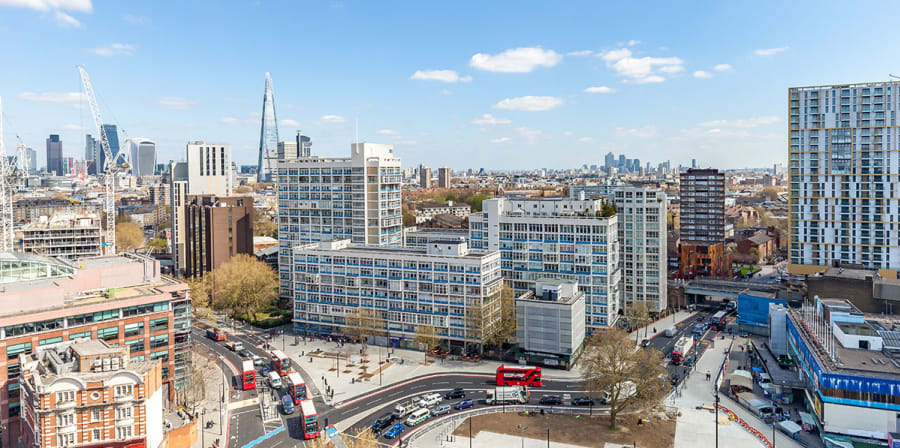
"I met some amazing friends and tutors at LCC that have made my experience an unforgettable one."
How did your dissertation reflect your interests in the field of public relations, as well as some of the key things you've learned on your MA?
Gina: "I’ve lived in several countries that share completely different cultural backgrounds, and I’ve always been fascinated by how each country has its own values and ways of communication. The media in each country is different because it has to fit to the local value orientations of the people.
"The MA Public Relations course has expanded my knowledge about the importance of applying cultural values to the practice of the PR profession. Thus, I have decided to explore the cultural and religious value orientations of Saudi Arabia and their effects on the local media and the profession more generally.
"This was especially significant because of the current cultural shift happening due to the Vision 2030 program that is being implemented in the Kingdom. My research has allowed me to deeply explore the local cultural value orientations and to discover the previous and current state of the PR profession in Saudi Arabia."
Anne: "Through my research, I wanted to showcase the important role that public relations play in any organisation or institution at a senior level. It also fits very well with my conception of public relations: a boundary-spanning profession.
"I think PR practitioners must work closely with their audience or communities, and should understand how there can be a form of dialogue between the public and the organisation. This is something that I learnt during the Master's, and also something that I was able to discuss directly with PR practitioners during my interviews.
"Additionally, I was able to work on cross-disciplinary research on public relations and museum studies, which I believe is extremely important for the field."
What have been the highlights of studying on your course at LCC?
Gina: "I met some amazing friends and tutors at LCC that have made my experience an unforgettable one. I have seen myself increase my skills and knowledge about PR through both academic and practical work throughout the year. After all the hard work, I was really happy to submit my dissertation knowing that I have contributed to knowledge into the PR field.
"Finally, I was also really happy of the progress I achieved, especially when I graduated with distinction, got to the final round in the EUPRERA competition and made my parents proud."
Anne: "Some of my highlights have included the different PR practitioner talks on Thursdays and the Career Day for PR, all the practical elements of the course (videography, project-based assignments, the crisis management day...) and getting the opportunity to interview key PR practitioners in the field throughout my dissertation."
Related links
- Find out more about the MA Public Relations course at LCC.
- Explore our Media School.
- Visit the EUPRERA website.


